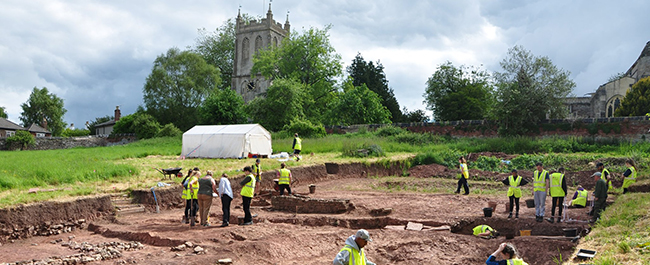Call for Papers
Knowledge-scapes
Volume 35.2, November 2020
How knowledge was developed and shared in ancient societies is a key research question for historians and archaeologists. The dynamics and mechanisms by which knowledge and its associated skills and practices evolve, change, and dissolve can be observed across multiple analytical scales. Studies engaged with these questions are frequently undertaken within distinct scholarly sub-fields. Only when the academic compartmentalisation is overcome, is it possible to fully explore the strengths, challenges and limitations of the study of knowledge to contribute to the understanding of past societies.
Knowledge-scapes offer a flexible framework to explore the potential of the study of knowledge at different scales and from various theoretical, practical and methodological perspectives. For this volume we invite papers that discuss the origin(s), development, maintenance, evolution, transfer, expansion, transmission, transplantation, contraction and/or dissolution of socially constructed knowledge-scapes. We understand knowledge-scapes as dynamic bodies of knowledge over time, space and social entities, linked to shared practices (e.g. manufacturing practices, travelling practices, exchange practices, subsistence practices). The diverse nature and scope of knowledge-scapes demands that we adjust our research methods, case studies and data collection strategies accordingly.
Knowledge-scapes ultimately feed into bigger archaeological and anthropological narratives concerned with social and economic boundaries, identities, cultural integration and resilience among others. Some key questions may be:
❖How do knowledge-scapes inform our understanding of past societies?
❖Where are the social limits of knowledge-scapes? What aspects of a society shape them?
❖How does the definition of social entities (e.g. households, social units, cultural groups, etc.)affect the exploration of knowledge-scapes ?
❖How are knowledge-scapes reflected in materiality and archaeological evidence?
❖How can different analytical scales (e.g. from satellite imagery to compositional data)contribute to the reconstruction of knowledge-scapes?
❖What are the limitations of our materials and methods when defining knowledge-scapes?
Volume 35.2 of the Archaeological Review from Cambridge encourages contributions that explore these and related topics from an inter-disciplinary perspective. Papers of no more than 4000 words should be submitted to the editors (arc.knowledgescapes@gmail.com) before 31 March 2020, for publication in November 2020. We will accept expressions of interest by Friday 28 February in the form of an abstract of up to 250 words.
More information about the Archaeological Review from Cambridge may be found online at http://arc.soc.srcf.net/contribute.html. More information about submission guidelines, Notes for Contributors and Style Guide, may be found online at https://arc.soc.srcf.net/ARC_notesForContributors.pdf.
Friederike Jürcke
Julia Montes-Landa
Alessandro Ceccarelli
(Editors)







